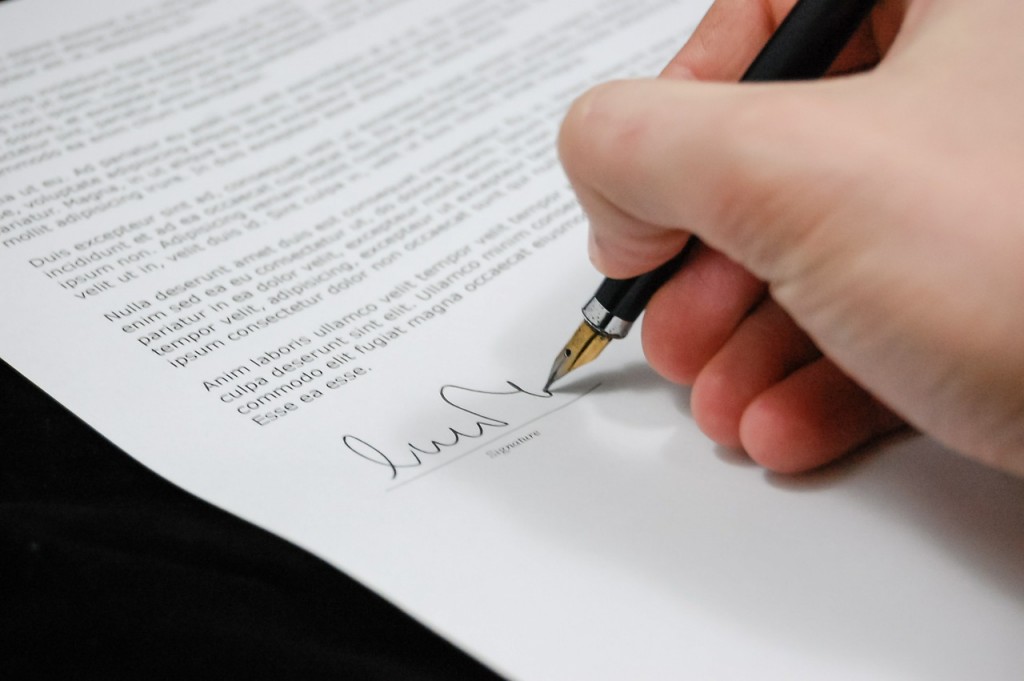
Statistics say that an average couple argues 312 times in a year and that 1 out of 5 of these couples are willing to end the relationship over it. Startup founders are more or less like a married couple and we are sure the number of times cofounders argue wouldn’t be really far.
While having a co – founder is always beneficial when running a startup as they can be a huge emotional, moral and physical support to you and your baby (startup), there are often times when cofounders might also get into chaotic situations like conflicting decisions, duplication and delegation of work, delayed approvals and so on. Often, before the founders realise, these arguments result in fallouts and more than 62% of startups fail due to co-founder conflict.
It is always better to clearly define everything beforehand and imperative that the founders set aside some time to discuss and work out a cofounder agreement to avoid any kind of confusion or chaos at later stages. Because any dispute at a later stage might force a business divorce.
The idea of having this agreement is great, but not everybody is aware of what actually goes into it, what are the essential clauses and components. Here are the essential requirements of a co – founder agreement:
- Equity and expected salaries of each founder
Under this clause, you clearly state how much of equity each founder will get. Apart from just profit or loss sharing, you also state the salary of each founder because you all will be actively involved in the day to day activities of the company. It is advised to include how change in salaries will be addressed as well.
- IPR of the company
When you are working on building a product/company, business plan, you are actually creating intellectual property (IP) for the company. Whatever IP is developed belongs to the company and not the individuals creating it.
- The direction of the company
This section contains information about how the firm is going to run, how are the operations set to happen and in what direction is the startup set to proceed. In this clause, you shall also state how things will proceed when you decide to expand the firm and hire new people under you, what happens in case of of an acquisition or closure.
- Roles and responsibilities
Each founder is in the business for a specific set of roles and responsibilities. Those have to be stated under this section. Ensure that you clearly define the duties of each founder so that there is not duplication of work or any confusion of who is to handle what at a later stage. This clause should be so clear that, each founder knows exactly what he has to handle and what jobs do not fall under his umbrella of work.
- Co-Founder details
This clause is an important one, as this section talks about the founders, their family background, education details and work experience. This section is mainly used for evaluation purpose by outsiders to check if the founders are actually capable enough of handling the business. This is the very section that investors are keen on while they are in the diligence process of buying or investing in your startup.
- Equity breakdown and initial capital contributions
This section talks about the breakdown of assets – who owns what. It also talks about how much capital has each founder invested in the business. This section is and will always remain as proofs of investment by each founder. It should also cover important aspects like what percent of the equity is vested etc.
- Management and approval rights
Under this section, the founders negotiate and agree upon decision making rights and approval rights. Who is going to approve budgets? Who is going to sign the cheques? Who is going to take decisions on everyday decisions? All these questions are answered in this section. Usually it is always better to have all the founders approvals and signs on all big decisions and the active partner can be responsible for all the day to day petty decisions.
- Non-compete and confidentiality clauses
This clause includes all the confidentiality statements, which are private only between the founders and need not be disclosed to anyone except them.
- Resignation, dissolution and removal of directors
This is the final requirement which talks about how everything is going to be distributed amongst the founders, in case of liquidation or closure of the company. It also talks about on what terms will one founder have the right to terminate another founder. Questions like what happens when one founder leaves need to be addressed. Does the company or the existing founders have the right to buy back that founder”s shares and at what price?
When you cover all these aspects, you actually sit with the founder and discuss it all in length and this gets in more transparency among everyone involved. Post your discussions, all the agreed terms are drafted into an agreement, which is then gone for proper legal approval by the law.
The above mentioned are few bare essentials that every co – founder agreement shall have to make it very clear about every small and big details from the very start. Based on your needs and requirements, you are free to add more clauses to this agreement.
Our previous articles on CoFounders:
How do I find a cofounder? – https://startuphyderabad.com/find-cofounder
Keeping a healthy cofounder relationship – https://startuphyderabad.com/keeping-healthy-co-founder-relationship







